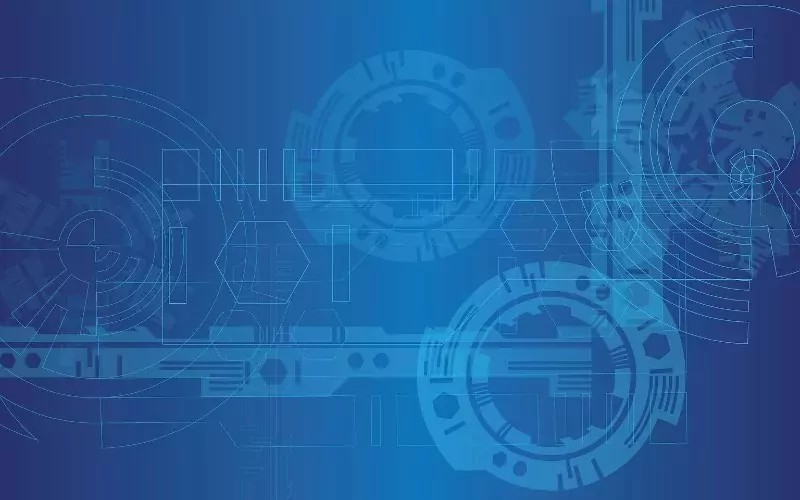The National Health Service (NHS) stands at a critical juncture, needing to pivot from outdated technologies to modern automation solutions.
A recent report highlights the inefficiency of current systems, like fax machines, which hamper productivity and cost billions annually.
Despite the global shift towards digital solutions, the NHS lags, retaining obsolete technologies such as fax machines and pagers.
Harry Quilter-Pinner from IPPR stresses that healthcare remains largely analogue, unlike other sectors that have fully embraced digital transformation.
The integration of automation within the NHS can release substantial resources, estimated to be worth £12.5 billion each year.
A future where technology complements healthcare professionals rather than replaces them is achievable, enhancing efficiency and patient care.
Automation can transform administrative tasks, freeing up clinicians to focus more on patient interaction and care.
The interplay between data security and technological innovation is pivotal, particularly post-GDPR enforcement.
Effective use of health data can significantly improve diagnostics and treatment but poses privacy challenges.
Prioritising robust data security measures is essential to leverage technological advancements successfully.
Lord Darzi advocates for a dedicated automation fund to bolster the NHS’s digital framework.
This fund would facilitate the retraining of staff affected by automation, ensuring smooth transitions and skill enhancement.
Robotics and AI have the potential to revolutionise patient care through tasks like meal assistance and remote monitoring.
The prospect of AI-enabled robots working alongside clinicians could transform healthcare delivery, offering enhanced precision and patient experience.
Pilots of robotic pets and care-bots are already underway, showcasing innovative approaches to elderly care and patient engagement.
An increase in funding, potentially through adjustments in National Insurance, is proposed to support these technological advancements.
By 2030, significant financial injections into both the NHS and social care are deemed necessary for sustainable development.
Prompt action is crucial if the NHS is to evolve into a digitally-driven service, essential for meeting future healthcare demands.
Embracing digital innovation is not a choice but a necessity for the NHS to thrive in a digital age.
Swift adoption of automation and AI technologies can redefine healthcare delivery, making it more efficient and patient-centric.


